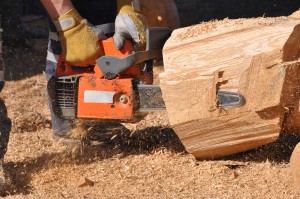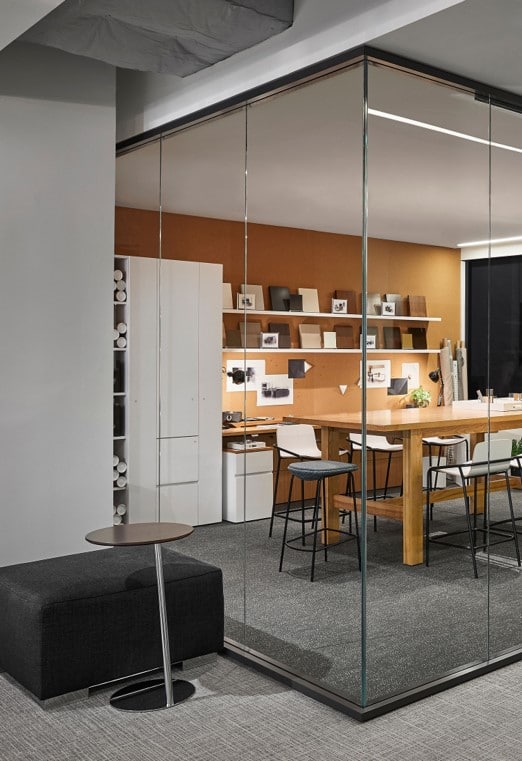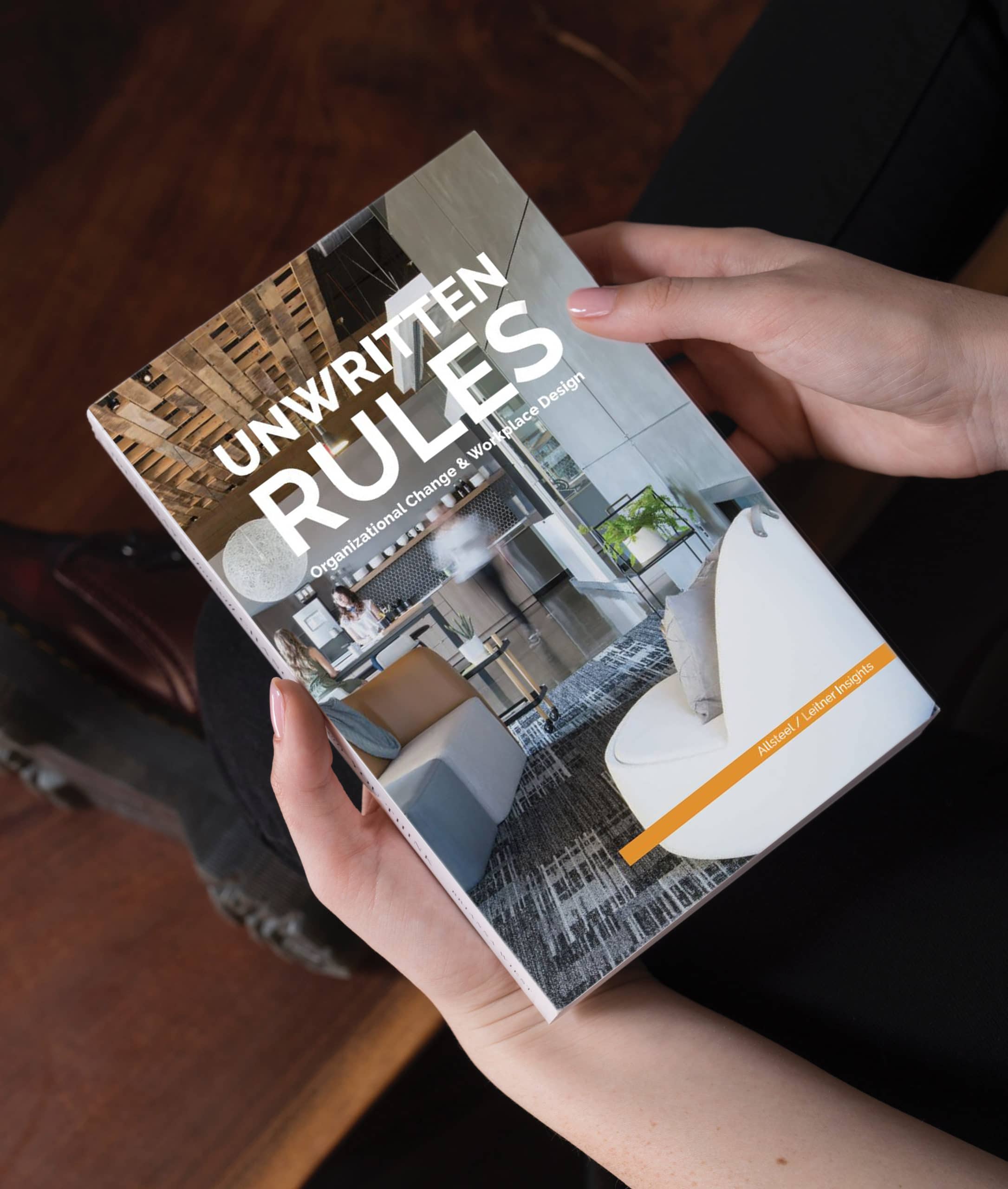 If you are continually busy but feel that you don’t achieve as much as you’d like, then it could be because you’re not relaxing enough.
If you are continually busy but feel that you don’t achieve as much as you’d like, then it could be because you’re not relaxing enough.
When we say ‘relaxing,’ we don’t necessarily mean ‘lying on the beach’ relaxing, or practicing couch potato poses watching T.V. We’re talking about active relaxing, as in doing something you enjoy during your downtime.
Some recent studies have concluded that the most productive and successful people in the workplace often have a hobby that they enjoy outside of work.
Kevin Eschleman, one study’s lead author and assistant Psychology professor at San Francisco State University says that the more you’re engaged people in an extracurricular hobby, the better you’ll do at work. Eschleman’s research concluded that you won’t do just a little bit better, your performance will improve from between 15% and 30% better!
 The good news is that the hobby can be pretty much any active pursuit using a skill set. It doesn’t need to be related to your work activities at all.
The good news is that the hobby can be pretty much any active pursuit using a skill set. It doesn’t need to be related to your work activities at all.
It could be knitting, sewing, baking, carpentry, photography… you name it! The only requirement is that it has to make use of a skill and you have to enjoy it enough to be involved in practicing it regularly.
The research is so convincing that many companies, such as Zappos, are now actively encouraging their staff to engage in creative hobbies and then share their creative output with their colleagues at work. Suggestions for employers include encouraging employees to display their own artwork, share their knitting, sewing, woodwork projects or any other output by displaying it at work for colleagues to admire.
Research shows that this isn’t just motivating for the employee sharing their work, it’s also very motivating to other employees, encouraging them to begin doing something they enjoy during their downtime.
 The most immediate and obvious reward is the recognition and praise hobbyists receive. This delivers a significant boost to their self-esteem. It helps them feel that they’ve achieved a higher value at work than they previously enjoyed being recognized as more than just an employee.
The most immediate and obvious reward is the recognition and praise hobbyists receive. This delivers a significant boost to their self-esteem. It helps them feel that they’ve achieved a higher value at work than they previously enjoyed being recognized as more than just an employee.
The payoff for the employer is an increase in engagement, accuracy and positive attitude. Productivity increases along with quality of work.
Most employers strive to find ways to motivate employees to improve work performance. However, mandating hobbies won’t work. Telling employees that they MUST develop a hobby in order to improve productivity is actually counterproductive. You can’t force people to take pleasure in an activity, especially not on their own time. But, by providing incentives such as flexible work hours, time to attend hobby related functions and the opportunity to gain recognition for extracurricular activities will go a long way to make it attractive to employees to pursue hobbies.
Voluntary involvement in an enjoyable pursuit has all kinds of positive side effects. Not only does it make life more enjoyable, it automatically reduces stress. As stress is a root factor in most illness, it goes without saying that employees will not only be happier, but they may also be healthier.
When people are relaxed, they’re also more creative and innovative.
When their ‘work brain’ is relaxed, it has the freedom to subconsciously develop solutions to work related challenges. A state of relaxation is conducive to innovative thinking. These ‘brainwaves’ can often significantly improve a project.
Perhaps you’ve been putting off getting involved in a hobby because you feel that you just can’t spare the time and that you should concentrate on advancing your career instead. Now that you know how beneficial a hobby can be, why delay any longer? It could be just what you need to get ahead. Remember that true success isn’t just gained at work, it’s a whole life achievement.
More reading on this topic:
http://www.kevineschleman.com/wp-content/uploads/2014/08/JOOP-2014.pdf
http://www.spring.org.uk/2014/04/the-positive-effect-of-creative-hobbies-on-performance-at-work.php
http://www.inc.com/jessica-stillman/how-your-hobbies-effect-work-performance.html
http://onlinelibrary.wiley.com/doi/10.1111/joop.12064/abstract


 If you are continually busy but feel that you don’t achieve as much as you’d like, then it could be because you’re not relaxing enough.
If you are continually busy but feel that you don’t achieve as much as you’d like, then it could be because you’re not relaxing enough.

